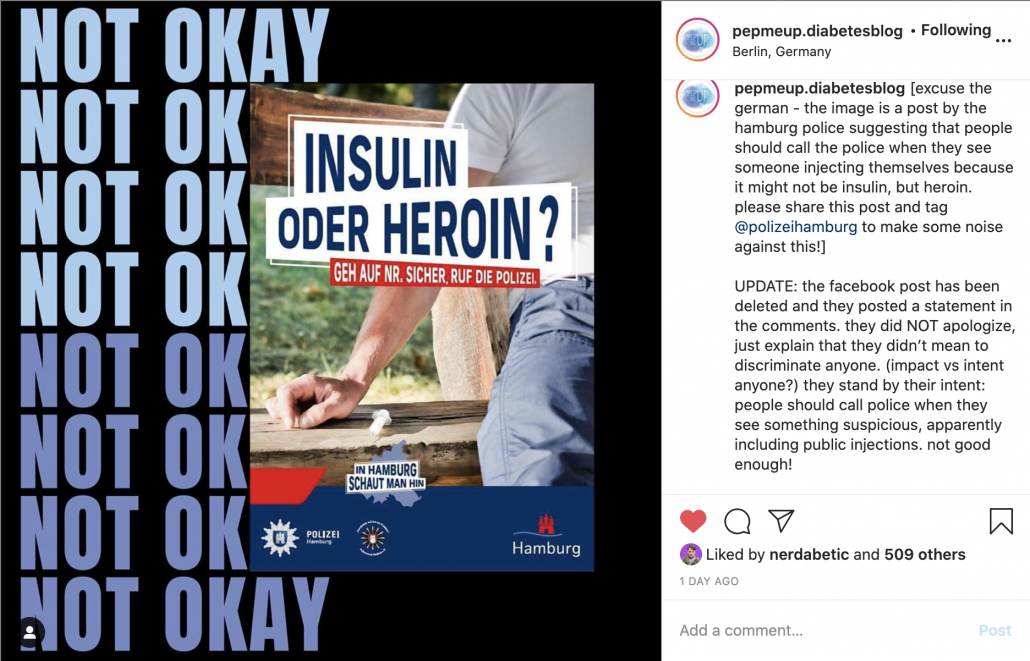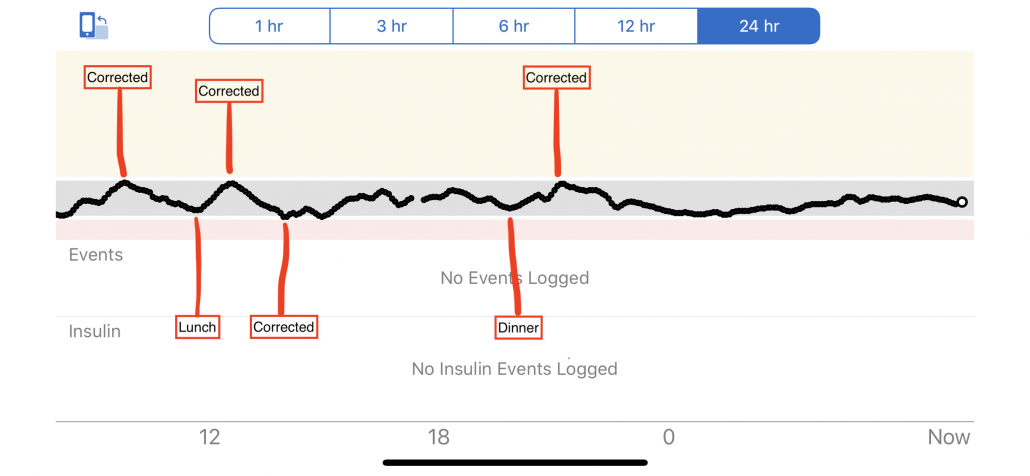Recent Insulin Pricing Changes
What are your thoughts on the recent insulin pricing changes in the USA? Let’s discuss and see what else needs to be done to safeguard the new insulin pricing. BUT – this is not about me sharing my opinion on this (that’s just effing ridiculous because I have no clue!) I want to hear from you – let’s discuss in the comments!
Throughout March 2023, both Eli Lilly and Novo Nordisk (and since I wrote this, also Sanofi!) have announced insulin pricing reductions of 70-78%. (just in case you’ve been living under neath the rock in the diabetes community lately!) These three players make up 90% of the insulin production in the world. They are really the ones that can make a difference for so many people, including people like you and me, and everyone that do rely on life supporting medications such as insulin.
These recent insulin pricing changes are a fantastic first step! It’s so needed in the community. (However, let’s look forward and see where we go from here (more on that further down))
At the same time, I am wondering why these insulin pricing changes are only happening now? There’s been pressure on these big companies from many different sides in the US and internationally, not least through a T1International with Elizabeth Pfiester at forefront of the barricades, so to speak, fighting for this to happen. This is definitely influenced and done by diabetes advocates, such as you and me, sharing our opinion and signing petitions and sharing content that ultimately put pressure on these companies. We have something to be proud of, even the ones of us who are not in the US! We are still cheering you on from the sidelines, so happy for this development. In my opinion, these decisions were really pressurised by advocates, along with the development of biosimilar insulin producers (smaller companies that are in the process, or already are, producing insulins that work very similarly to the ones protected by the big insulin producers).
Furthermore, why stop at insulin? Insulin is, of course, the one thing that we do need to live. Technically, we don’t necessarily need insulin pumps, CGM’s and stuff. But what about pricing of these enormously helpful tools and technology? I realise that there is a lot of profit to be made from living with this lifelong condition – I get it. But why not try to alleviate the burden of living with diabetes further and change the pricing structure on these, as well? Insulin, YES, a fantastic first step! But let’s keep going.
In the light of that since 2002, these insulin prices have tripled. In 21 years, the price has tripled. To me, the notion and opinion that insulin pricing legislation is needed in the US, only makes sense as a next step. I do believe that is something that we will see – hopefully pretty soon! Realistically, I think it might still take some time.
Another question that I’ve seen floating around is whether or not the discount cards for the different insulins will be removed or if they’re going to be kept? This is, and I guess remains closely linked to the status of health insurance in the US, which is a very complex, highly complex matter (especially in the eyes of a very, in comparison, privileged European resident.)
The recent insulin pricing change will definitely save lives. Every person with diabetes who is insulin dependent in the US, will see the effect of this and it will make sure that they do have a fairer access to their life saving medication. I do hope for the sake of these big companies that the new insulin pricing is not just a PR stunt, that it is actually real, and they will help to save lives.
On the other hand. one can’t deny that the high insulin pricing has cost a lot of lives, effort and energy. These pricing changes won’t bring back the people who have passed away due to rationing their medication. Who had to not get the insulin because of the costs, and instead had to prioritise other costs. No matter the actions made now, there are so many forever heartbroken parents, siblings and children who will never get that significant person in their life back. However, at least this can maybe prevent many more from going the same way.
While the insulin pricing point is lowered by 70-78%, respectively, we have to remember that the production price of a vial of insulin is $3-6. In the future, paying $50-60 for a vial of insulin is still (ridiculously) much profit for these companies. I’m certain we won’t see any bankrupts happening with these pricing changes! (At the same time, I have been wrong before, so let’s see what happens.)
I’m trying to share my picture here. But I am also very far away from the US. I live in Europe in a very privileged country when it comes to insulin pricing. While I both sympathise and am empathic with the insulin pricing there, I will never understand exactly how it is. I live in Europe, and in Switzerland more specifically. I am almost ashamed to say how cheap my insulin is! For a five week supply, the full list price is the equivalent of $40, of which I pay 10%. So I personally pay $4 for five weeks of insulin, very much thanks to the private health insurance system that we do have here. (It’s mandatory for everyone to have a private health insurance in Switzerland. Of course, you pay a lot but on the other hand, you do get a lot back in return.) Same in for example, our Scandinavian counterparts, where I originally am from, or the NHS in England, where they have an universal healthcare system, where all medications are for free. Canada and Mexico aren’t affected by similar insulin pricing to the US. I wanted to highlight that there are still huge differences, even with these pricing changes in terms of what and how we can access it.
So in conclusion (and I think we’re all ready for this now!), I am following this with a huge interest. I’m hoping, and my positive little mindset is telling me that this could be a potential start of a huge domino effect. To other diabetes tools and tech and into other condition areas that are affected by high priced medications, as well as into other countries and ensuring accessibility. I’m hoping this is the first step to that!
Also, I can feel in my pinky toe that there will be a US legislation about this quite soon. Senator Sanders & Co just launched another initiative. Let’s see what happens (as similar things have been shut down before). Nevertheless, we are we’re waiting and watching with excitement.
Everyone in Europe and beyond are cheering you on in the US, we are so so happy for this great success. Well done to all advocates and everyone who have helped make this happen.
But yeah, what are your opinions? What are your pluses and minuses? Good, bad, ugly, something in between? frustrations, happiness, tears of joy?
Disclaimer
The only purpose of this video and website is to educate and to inform. It is no substitute for professional care by a doctor or other qualified medical professional. This video and website is provided on the understanding that it does not constitute medical or other professional advice or services. Instead, we encourage you to discuss your options with a health care provider who specializes in treating Type 1 Diabetes.


